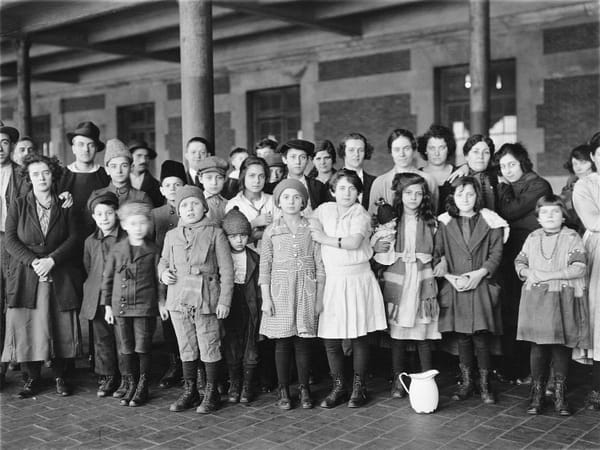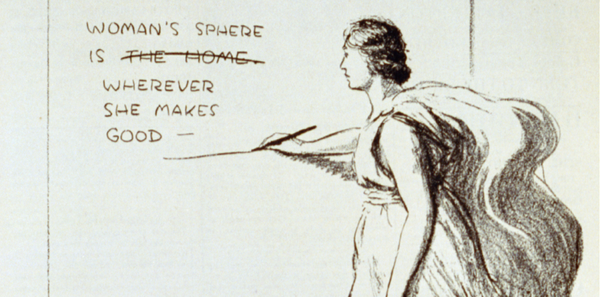The Meaning of the Gettysburg Address, 154 Years Later

“Four score and seven years ago” are words Americans learn in school and hear echoed in popular culture. To the child who memorizes them, as in the movie Kindergarten Cop, the words may seem to be a secular incantation. For me they seemed similar to the words of the liturgy of the mass I heard every Sunday: familiar, famous words, but shorn of context they seemed devoid of meaning. The 19th of this month marked the 154th anniversary of Abraham Lincoln’s Gettysburg Address, and our current tribulations make 2017 as good a time as any to revisit its delivery and unpack its meaning.
The massive scale of death in the Civil War had necessitated the creation of national cemeteries, like the one Lincoln was dedicating at Gettysburg just four months after the brutal battle there. Many in the Union were asking whether the horrendous human cost of the war was worth it. The level of suffering also weighed on Lincoln personally, as he felt responsible.
Lincoln’s address, given while the war was still raging and had already cost hundreds of thousands of lives, provided an answer to these questions and doubts. “Four score and seven years ago” refers to 1776 and the founding of a nation “dedicated to the proposition that all men are created equal.” In his political career Lincoln had gone back to the Declaration of Independence time and again, seeing it as the ultimate riposte to those who wanted to expand slavery. Here he warns his audience that the Civil War is a test as to whether “that nation, or any nation so conceived and so dedicated, can long endure.”
In the 1860s democratic government was a rare thing. Worldwide, authoritarian leaders like France’s Napoleon III were rooting for the Confederacy, hoping that the Union defeat would discredit the forces of democratic revolution. Those who fought the reactionaries, like Benito Juarez and Garibaldi, thought that a Union victory would vindicate their causes. Lincoln is telling his audience that the dead of Gettysburg died not only to preserve the Union, but to save the very idea of democracy, to keep its light from going out in the world, so that “government of the people, by the people, and for the people, shall not perish from the earth.”
Crucially, Lincoln says that the only way to do this is for America to have a “new birth of freedom.” After all, who would want to sacrifice their son, their husband, or their brother so that the country could go back to the way that it was in 1860? The war was not simply going to reunite the old nation, it was going to create a new, better nation better dedicated to freedom. Lincoln does not use the word “emancipation,” but that is what he’s talking about here.
Lincoln’s speech should resonate today. Around the world democracy is under assault and nationalism is on the march, from Europe to Russia to China to India to the United States. The nationalists share the racism and oppression advocated by the Confederacy. America, despite all its sins, used to advocate for democracy and human rights, however imperfectly. But now the President and State Department seem utterly indifferent to these principles, and the President himself has made war on the public sphere. We are again engaged in a conflict to determine if democracy can survive. While many try so hard to deny it, those truly are the stakes.
That is why I draw comfort from Lincoln’s words. Democracy is under attack and we must have the courage and zeal to defend it. At the same time, we cannot simply fight to go back to the way things used to be, since that situation got us into this mess in the first place. We have to strive to make a better nation and a better world. If we are to move forward after this crisis, we must have another new birth of freedom.



